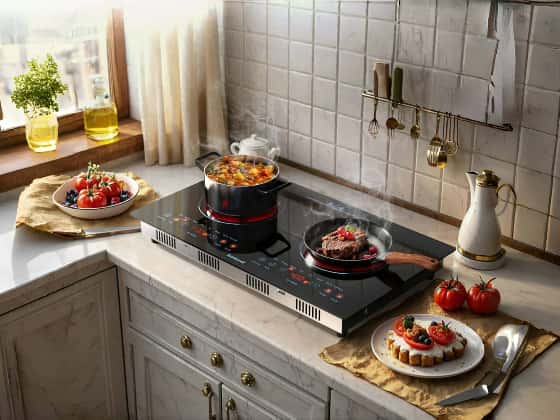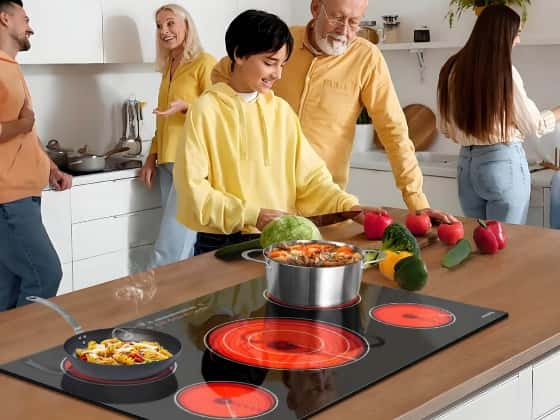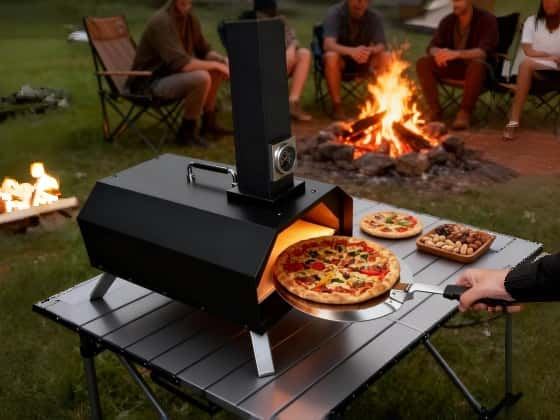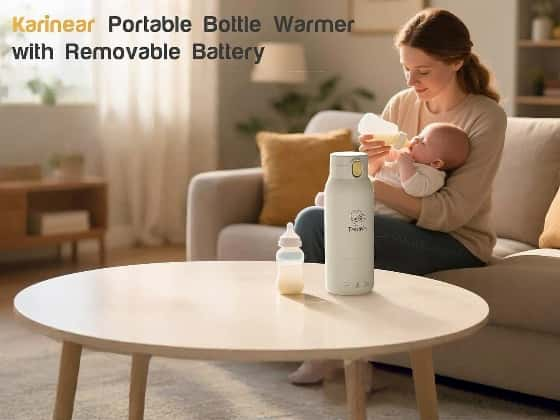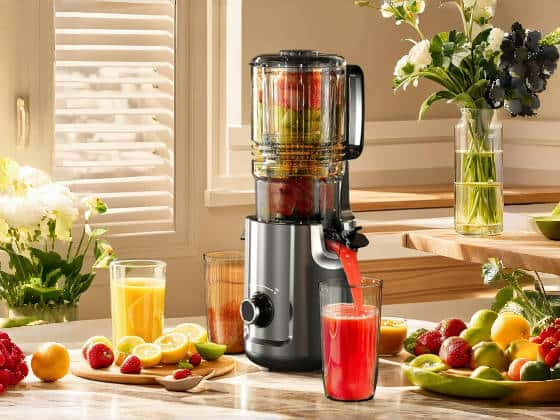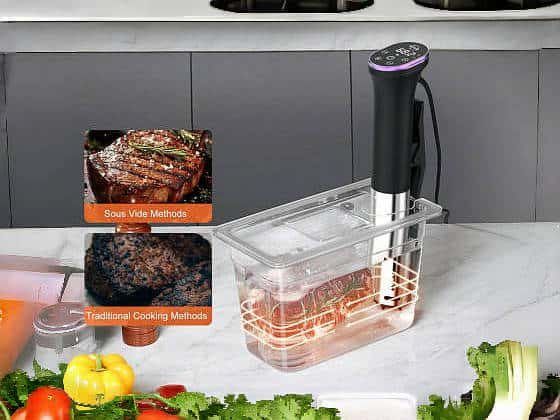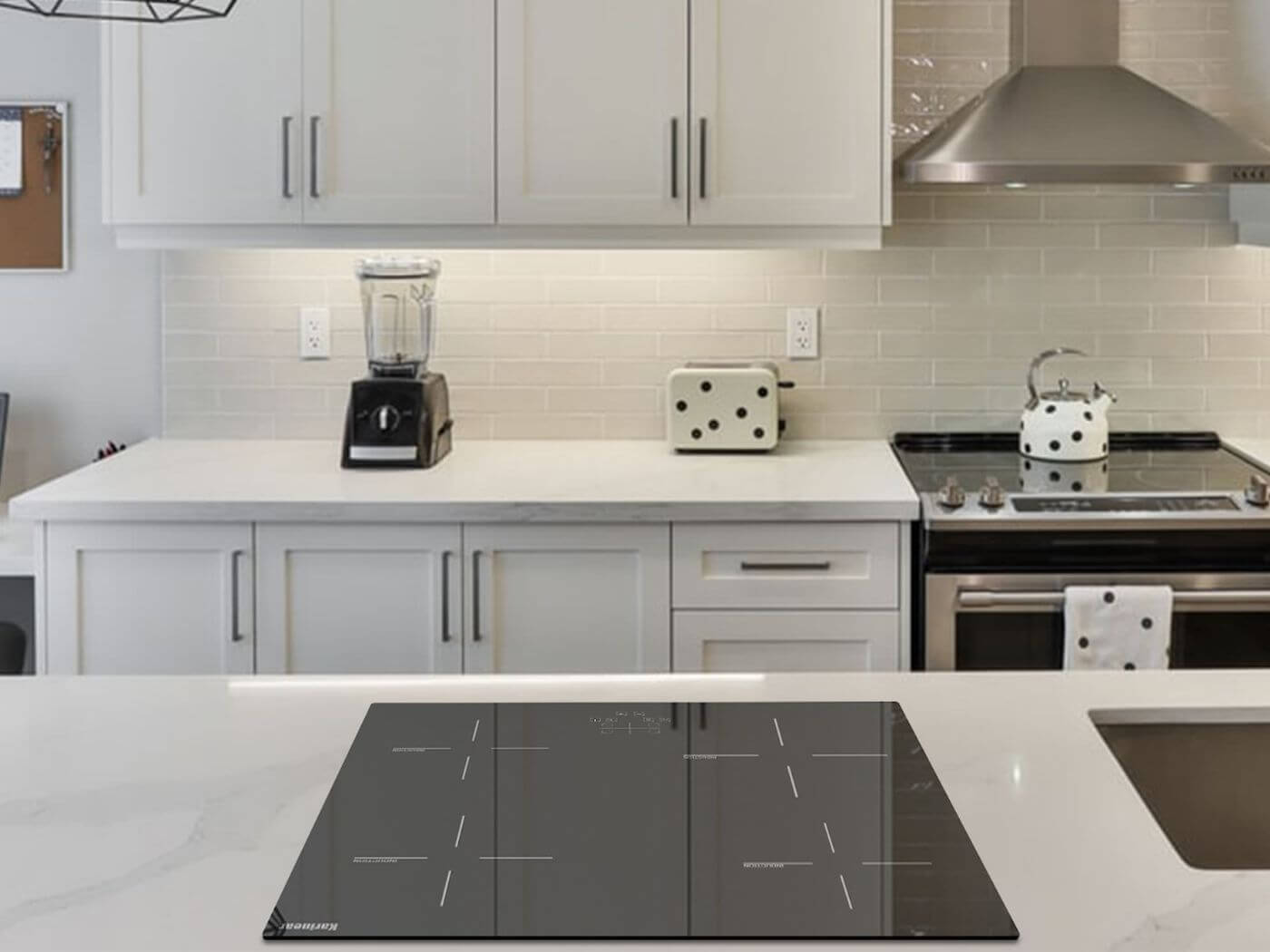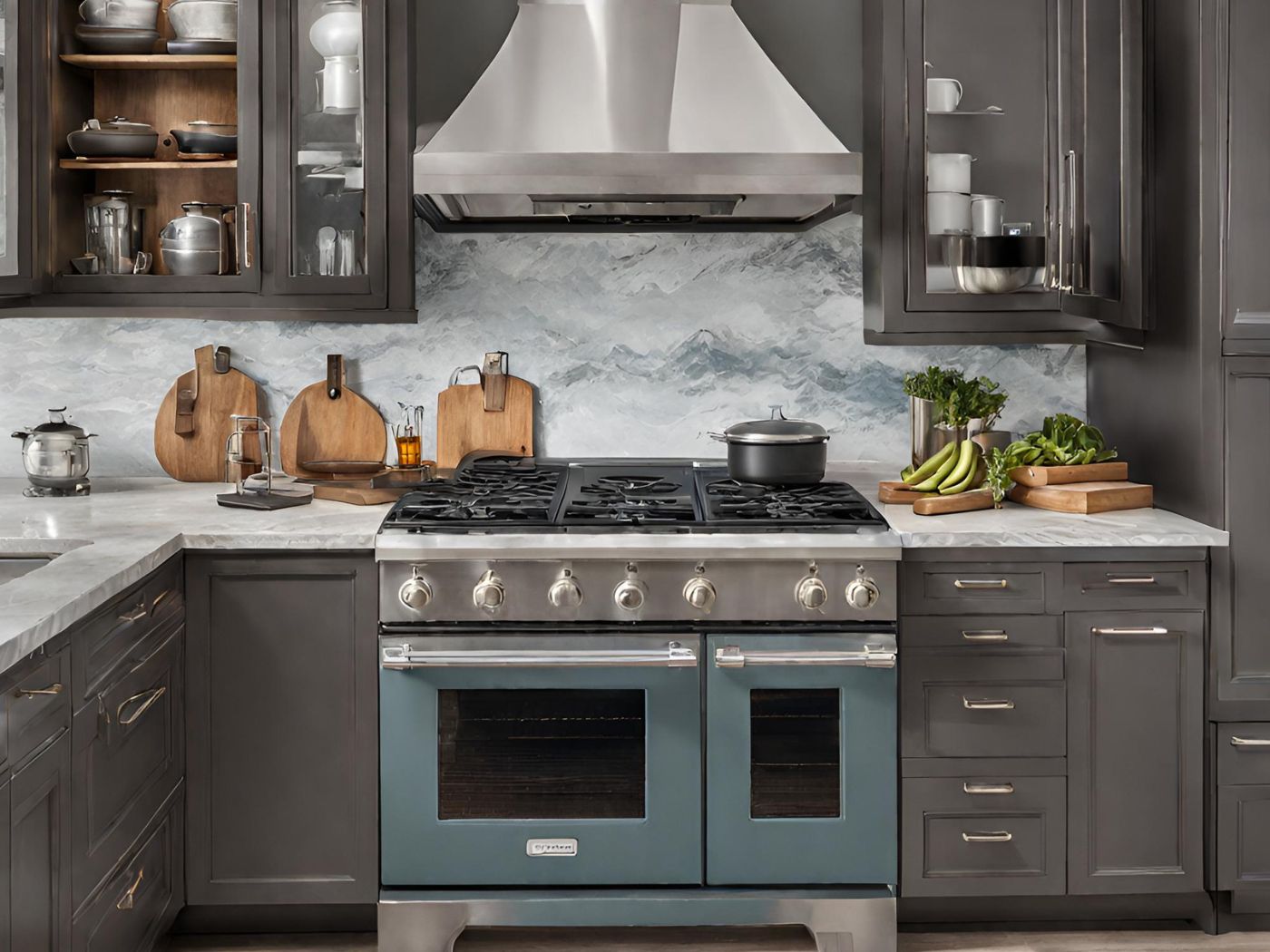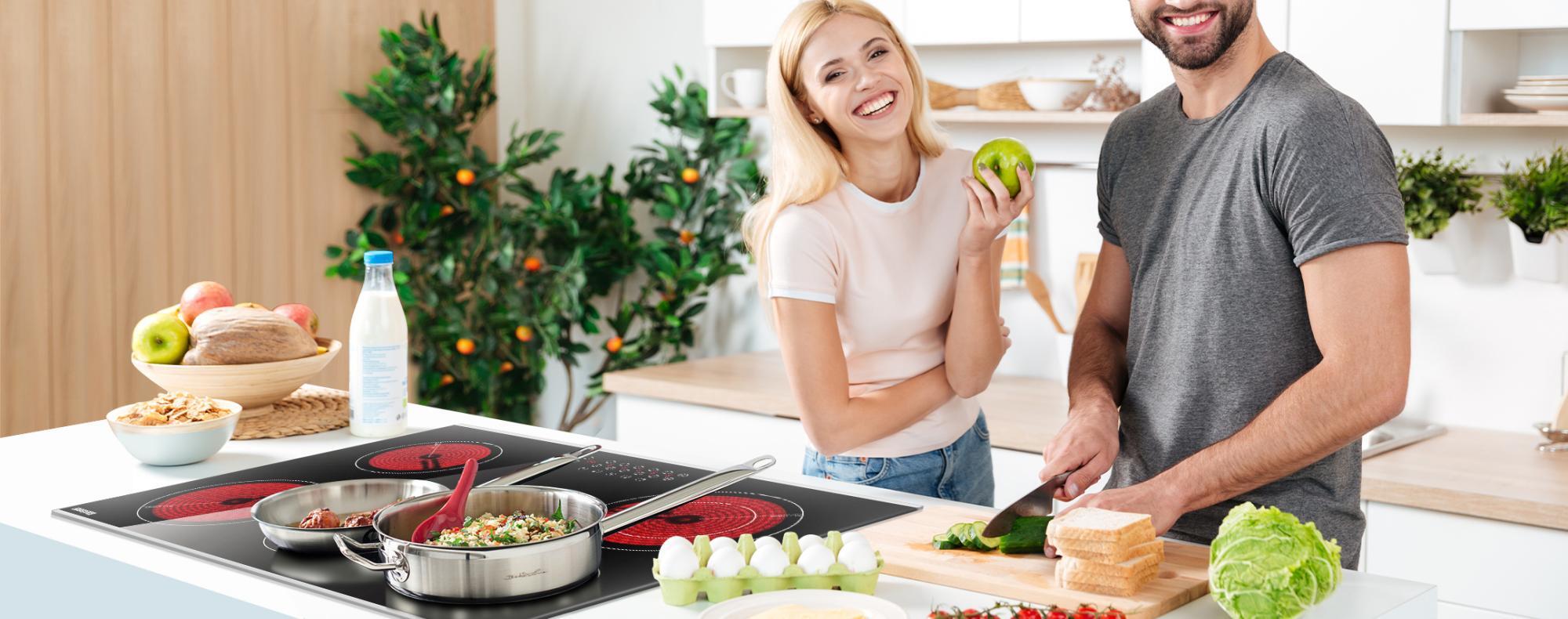Safety Considerations for Each Type of Stove
Safety should be a top priority when choosing a kitchen stove, especially if you have children or pets in the house. Here are some safety considerations for each type of stove:
Induction Stoves: electric cook top are one of the safest options available. They remain cool to the touch, reducing the risk of accidental burns. However, it's important to note that the cookware itself can become hot during cooking, so caution should still be exercised.
Electric Stoves: Electric stoves can pose a risk of burns if the surface is touched while hot. Additionally, the electrical components should be kept dry to prevent electric shocks. It's also important to ensure that the stove is properly grounded to minimize the risk of electrical accidents.
Gas Stoves: Gas stoves involve an open flame, which can pose a fire hazard if not used with caution. Proper ventilation is essential to prevent the buildup of harmful gases, such as carbon monoxide. Regular maintenance and inspection of gas lines are also crucial to ensure safety.
Regardless of the type of stove you choose, it's important to follow the manufacturer's safety guidelines and take necessary precautions to ensure safe operation.

Maintenance and Cleaning Tips for Kitchen Stoves
Proper maintenance and regular cleaning are essential to keep your kitchen stove in optimal condition. Here are some maintenance and cleaning tips for each type of stove:
Induction Cooktop: To clean an induction stove, first ensure that the surface is cool. Wipe away spills and splatters with a soft cloth or sponge. For stubborn stains, use a non-abrasive cleaner recommended by the manufacturer. Avoid using abrasive sponges or cleaning products, as they can damage the glass surface.
Electric Cooktop: Clean an electric stove by first ensuring that the surface is cool. Remove any loose debris with a soft brush or cloth. For spills and stains, use a non-abrasive cleaner and a soft sponge or cloth. Be careful not to scratch the glass or ceramic surface.
Gas Cooktop: For gas stoves, start by removing the grates and burner caps. Soak them in warm, soapy water and scrub away any residue. Clean the stovetop with a non-abrasive cleaner and a soft sponge or cloth. Ensure that the gas burners are properly aligned before reassembling.
By following these maintenance and cleaning tips, you can prolong the lifespan of your kitchen stove and ensure optimal performance.
The Cost of Each Type of Stove and Long-Term Savings
While the initial cost is an important consideration, it's also essential to evaluate the long-term savings each type of stove can offer. Here's a breakdown of the cost and long-term savings for induction, electric, and gas stoves:
Induction Cooktops: Induction stoves tend to have a higher upfront cost compared to electric or gas stoves. However, they are highly energy-efficient, resulting in long-term savings on utility bills. The exact amount of savings will depend on your usage patterns and local energy rates.
Electric Stoves: Electric stoves generally have a moderate upfront cost and are widely available at various price points. However, they can be less energy-efficient compared to induction stoves, resulting in higher utility bills over time.
Gas Stoves: Gas stoves often have a lower upfront cost compared to induction or electric stoves. While they may not offer the same energy efficiency, the cost of natural gas or propane can be lower than electricity in some regions.
When considering the cost of each type of stove, it's important to also factor in any additional installation or setup costs, such as venting requirements for gas stoves.SHOP NOW

